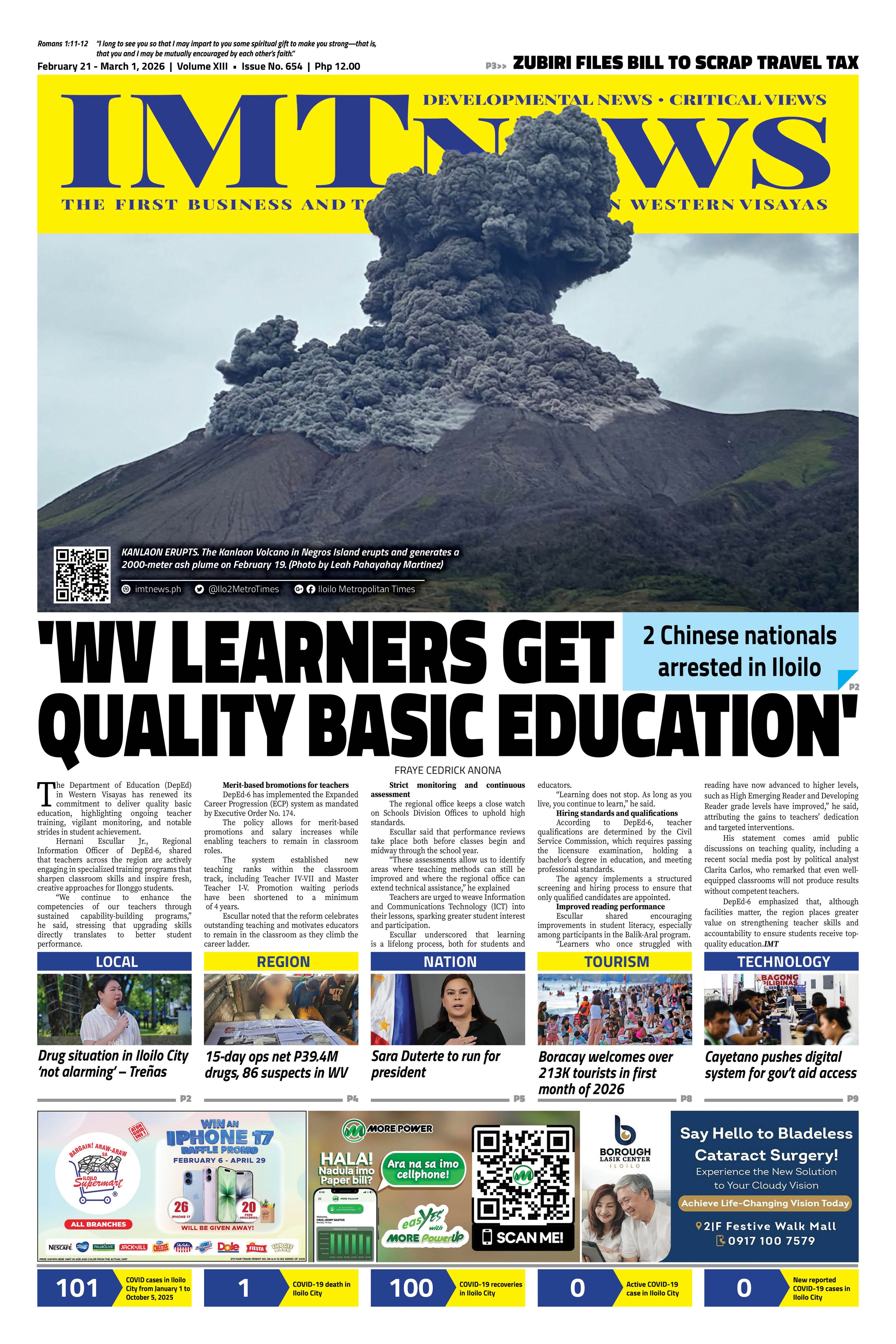A significant majority of Filipinos express support for the proposed ₱200 increase in the daily minimum wage. Meanwhile, 40% of Filipinos are dissatisfied with the government’s response to calls for wage hikes, while 7 in 10 find the recent ₱50 wage increase in Metro Manila insufficient to keep up with rising cost of living. This is according to the August 2025 national survey conducted by independent public opinion research firm WR Numero.
The latest Philippine Public Opinion Monitor, conducted after President Ferdinand “Bongbong” Marcos Jr.’s State of the Nation Address, asked Filipinos whether they support the proposed ₱200 daily minimum wage hike and whether they think the government does its job well in responding to workers’ demands for higher wages. The proposed wage hike filed by Senator Bam Aquino and Senator Risa Hontiveros in the 20th Congress seeks to mandate an across-the-board increase of ₱200 across all industries.
The nationwide survey showed 83% of Filipinos support the proposed daily minimum wage increase, while 9% oppose it and 8% are unsure.
Support is strong across all regions, with highest endorsement from South Luzon and Metro Manila (both at 87%), followed by Visayas (86%), Mindanao (79%), and North-Central Luzon (77%).
Strong backing also cuts across all income classes, as high as 84% from both Class ABC and D and 83% of Class E in favor. Still, more respondents from Class D (10%) and Class E (9%) are uncertain of the proposed hike. Meanwhile, 14% of Class ABC respondents also expressed opposition to the proposed increase (14%), compared to Class D (6%) and Class E (9%).
Larger Filipino households also show higher agreement with the proposed wage hike. Almost 9 in 10 among Filipino households with six members agree to the proposed wage (87%), followed by those with one to three members (83%) and those with four to six members (81%). (See Table 1)
By factional partisanship, more pro-Opposition Filipinos (89%) agree to the proposed 200-peso wage hike, followed by those who identify as pro-Duterte (87%), pro-Marcos,(86%), and independents (76%).
Views on the government’s response to calls for a wage increase
When asked about the government’s response to calls for a wage hike, around 2 in 5 Filipinos are dissatisfied with the government response (40%). This is in contrast to around 32% who are satisfied, while 28% remain unsure.
By income, dissatisfaction was highest among Class D Filipinos (45%), followed by Class ABC (44%) and Class E (38%). In contrast, 2 in 5 among Class A Filipinos were satisfied with the government’s response (42%), followed by those in Class E (31%) and Class D (27%). Uncertainty was more common among Classes D (28%) and E (30%), while 14% were uncertain from Class A.
By age group, younger Filipinos were the most critical with the government’s response with 47% reporting dissatisfaction, followed by those aged 31-59 (39%) and older Filipinos (28%).
Regionally, Filipinos in Metro Manila expressed the most dissatisfaction (58%), followed by those in North-Central Luzon (43%), Visayas (42%). Meanwhile, those in Southern Luzon (39%) and Mindanao (32%) expressed more uncertainty.
By factional partisanship, 1 in 2 Filipinos identifying as Duterte supporters (50%) and opposition supporters (48%) were the most dissatisfied with the government’s response to calls for wage hikes , followed by independents (36%). On the other hand, more Filipinos identifying as Marcos supporters said they were satisfied with the government’s actions (44%).
The complete public brief of the WR Numero Philippine Public Opinion Monitor Volume 2025, Issue 4 is now available for download at tinyurl.com/wrn-ppom. The survey includes Filipinos’ latest perception on the performance assessment of President Ferdinand “Bongbong” Marcos Jr. and Vice President Sara Duterte, the president’s State of the National Address, the latest developments on the vice president’s impeachment, and the policy priorities of Filipinos, among others






